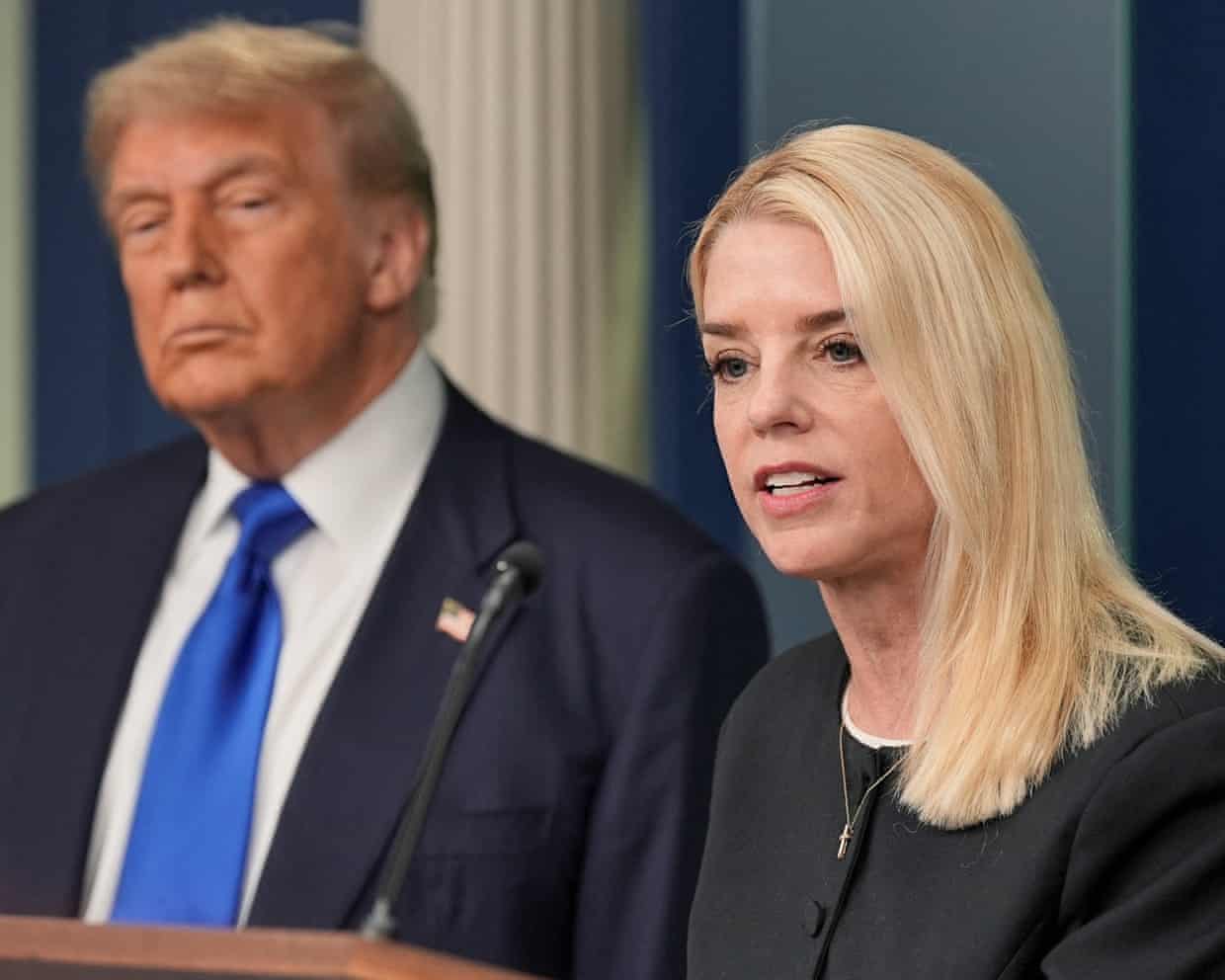
Abrego Garcia’s lawyers urge judge to drop his criminal case, alleging ‘vindictive and selective prosecution’
Entities mentioned:
- Kilmar Abrego Garcia: Justice, Self-preservation, Freedom
- US Department of Justice: Control, Power, Revenge
- Judge Waverly Crenshaw: Duty, Justice, Obligation
- President Donald Trump: Power, Control, Righteousness
- Attorney General Pam Bondi: Loyalty, Power, Control
- Judge Paula Xinis: Justice, Duty, Obligation
Article Assessment:
Credibility Score: 75/100
Bias Rating: 45/100 (Center)
Sentiment Score: 35/100
Authoritarianism Risk: 65/100 (Authoritarian Tendencies)
Bias Analysis:
The article presents both the defense's arguments and the government's actions, maintaining a relatively balanced perspective. While it gives more space to the defense's claims, it also includes factual background and judicial decisions, avoiding overtly partisan language.
Key metric: Rule of Law Index
As a social scientist, I analyze that this case highlights significant tensions between executive power and judicial oversight in the U.S. immigration system. The alleged retaliatory prosecution of Abrego Garcia following his successful challenge to his deportation raises concerns about the abuse of prosecutorial discretion and potential violations of due process. This case could have broader implications for the Rule of Law Index, particularly in areas of government powers, fundamental rights, and criminal justice. The apparent disconnect between court orders and executive actions suggests a weakening of institutional checks and balances, which could negatively impact the U.S.'s performance on this metric. Moreover, the case underscores the complexities and potential injustices within the immigration enforcement system, which could further erode public trust in legal institutions and the fair application of law.

Trump officials move to punish lawyer who tried to block client’s deportation
Entities mentioned:
- Joshua Schroeder: Justice, Duty, Professional pride
- US Department of Justice: Control, Power, Righteousness
- Trump administration: Control, Power, Righteousness
- Donald Trump: Power, Control, Ambition
Article Assessment:
Credibility Score: 75/100
Bias Rating: 35/100 (Lean Left)
Sentiment Score: 25/100
Authoritarianism Risk: 70/100 (Authoritarian Tendencies)
Bias Analysis:
The article leans left in its framing, portraying the government's actions negatively and emphasizing potential threats to legal representation. While it includes some government perspective, the overall tone is sympathetic to Schroeder and critical of the administration's approach.
Key metric: Rule of Law Index
As a social scientist, I analyze that this case demonstrates a potential erosion of the Rule of Law Index in the United States. The Trump administration's attempt to sanction an attorney for defending his client's rights could have a chilling effect on legal representation in immigration cases. This action may discourage lawyers from vigorously defending their clients, potentially undermining due process and access to justice. The use of government power to target individual attorneys who challenge deportation orders could be seen as an attempt to consolidate executive power over the judicial system, particularly in immigration matters. This trend, if continued, could significantly impact the independence of the legal profession and the overall strength of the rule of law in the country.